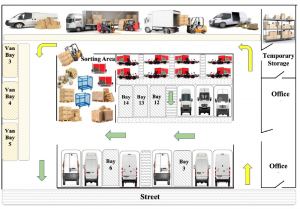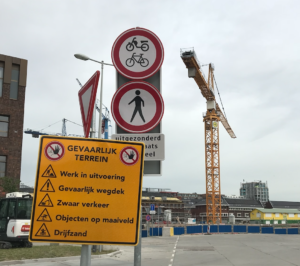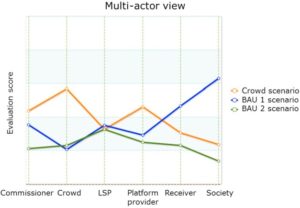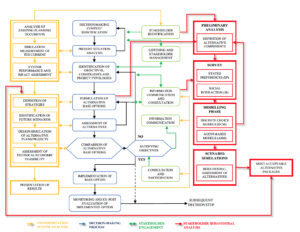Research: a managerial and behavioral approach in aligning stakeholder goals in sustainable last-mile logistics
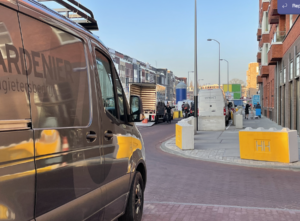
Stakeholders play vital roles in the implementation of sustainable last-mile logistics solutions. Goal alignment in sustainable last-mile logistics that involve multiple stakeholders is complex and challenging, yet it can improve the chance of success of the last-mile logistics project. Furthermore, aligning stakeholder goals in sustainable last-mile logistics can help optimize individual supply chain actors’ resources …


